Emerging Genres: The Blurring Lines of Modern Music
In the ever-evolving landscape of music, the concept of genre has been a compass for both creators and consumers, guiding the navigation of sounds and scenes through identifiable categories like rock, jazz, hip-hop, and country. However, as the 21st century surges forward, these once distinct lines have started to blur, giving rise to an enthralling wave of genre-defying music. This new era, spearheaded by innovative artists and producers, challenges traditional paradigms and reflects a cultural zeitgeist that favors eclecticism over purity.
A profusion of emerging genres—or should we say, pseudo-genres—is a testament to this transformation. With the growth of digital production and online sharing platforms, artists are no longer confined to their local radio stations or the limited genres they provide. Instead, they have unfettered access to a global music repository and the means to distribute their experimental sounds to a receptive worldwide audience.
One shining example of this genre melding is the meteoric rise of hyperpop. A wild, internet-born style recognized for its embrace of pop sensibilities, hyperpop distorts and exaggerates components of mainstream music, infused with elements of electronic, trap, and even punk influences. Artists like 100 gecs and Charli XCX exemplify this trend, delivering synth-heavy, beat-skipping tracks that defy any single classification and instead revel in a borderless musical domain.
Another area where we see the breakdown of traditional boundaries is in the return of psychedelic music—but not as we know it. Today's neo-psychedelia is mutating, intertwining with genres like indie rock, electronica, and even hip-hop. Tame Impala's brainchild Kevin Parker has been at the forefront, creating a sound characterized by ambient synths, fuzzy guitar riffs, and introspective lyrics that push past the expectations of what psychedelic music can be.
In the hip-hop arena, sub-genres are proliferating at an unprecedented rate. Different regions and even internet-based communities are cultivating their unique sounds, symbols, and slangs. Take the brooding beats of UK drill, a sibling of Chicago drill, which imports trap music's ominous ethos into the context of London's grime scene. Or, consider lo-fi hip-hop's boom—chill, downtempo beats that provide a relaxed backdrop for studying or relaxation, an entire subculture built around the aesthetics of nostalgia and simplicity.
What's more interesting about these novel soundscapes is not just the music itself, but the culture that comes with it. Fashion, visual art, and even the way fans interact (often through social media and digital art sharing spaces) are all integral parts of the genre-blending phenomenon. This synergy of music and visual culture has propelled platforms like TikTok to become unexpected launching pads for viral hits, often leading to the meteoric success of songs that traditional labels might have overlooked.
In a similar vein, video game soundtracks have grown into a diverse genre by themselves. The likes of video game composers like Lena Raine and Austin Wintory are crafting emotion-driven scores that are just as capable of standing alone as any piece from a traditional artist. Their music, while composed for interactive experiences, transcends its original context, attracting listeners who might never even touch a game controller.
In this first part of our deep dive into the modern music scene's fluidity, we've touched on just a few examples of how genres are being reimagined. As the lines continue to blur, perhaps the very notion of genre will become obsolete, replaced by a universal appreciation for innovative sounds regardless of their origin.
In the next segment, we'll continue this exploration, focusing on the implications of this trend for the music industry and how it's affecting the way we discover, share, and experience music in the digital age. Stay tuned for an insightful continuation into the genre-bending odyssey that's shaping our auditory landscape.
The Future Soundscape: Music Consumption in the Genre-Fluid Era
In the first part of our exploration, we delved into the changing tides of modern music and how artists are dismantling the conventional boundaries of genre. This metamorphosis isn't just a creative renaissance; it's also a harbinger of change for the music industry and the ways in which we consume music. The digital age has redefined discovery, sharing, and experience, paving the way for a more eclectic soundscape.
One of the starkest changes we're observing is the way music is being consumed. Streaming services have replaced record stores as the primary conduit for finding new tracks, and their recommendation algorithms have become the modern version of the knowledgeable store clerk. These algorithms, powered by data and machine learning, create playlists that can effortlessly jump from synthwave to Chicago house to neo-classical compositions, all based on listening habits rather than rigid genre classifications. This not only exposes listeners to a wider array of music but also challenges them to redefine their tastes.
The role of social media, especially platforms like TikTok and Instagram, is also significant in the diffusion of these emergent genres. Virality now has the power to crown a new hit overnight, with songs sometimes gaining momentum based on a single catchy snippet. This has led to a democratization of the music scene, where independent artists can achieve fame without the traditional gatekeeping of record labels and radio play. For many, this is a watershed moment for the industry that is simultaneously exciting and chaotic.
Moreover, the ease of music production and distribution in the digital era allows for constant experimentation and immediacy in releasing music. Artists aren't required to fit into a box to be signed by a label—they can share their sounds directly with an audience and find their niche. This has resulted in an explosion of micro-genres and subcultures, each with its own fervent fan base and ethos.
Another industry aspect being reshaped by genre fluidity is the live music and festival scene. Events are increasingly becoming more diverse in their lineups to reflect the eclectic tastes of their audiences. Where once you would have separate rock, jazz, or electronic festivals, now genre-spanning festivals are surging in popularity, offering a mosaic of auditory experiences to attendees. This is not only a reflection of changing tastes but also a celebration of diversity and inclusivity in music.
Artists themselves are also evolving with this genre-fluid landscape. Collaborations across traditional genre lines are more frequent, with pop artists working with indie musicians, rappers joining forces with rock bands, and so forth. These collaborations often result in some of the most intriguing and innovative tracks, which cross-pollinate fan bases and create a shared dialogue among diverse listeners.
In an industry once dominated by a few major players and traditional distribution models, the rules are being rewritten. While this causes uncertainty and disrupts long-held structures, it also breathes life into a realm ripe for innovation. As we venture further into this connected world of sounds and scenes, there may come a time when genres are no longer the framework for music at all, but rather, historical footnotes in an all-encompassing auditory universe.
As the second part of our excursion concludes, the message is clear: modern music is moving beyond the confines of categories, fostering an unprecedented level of artistic freedom and listener exploration. The implications for the industry are profound, as the future will likely be defined by adaptability, open-mindedness, and the creative spirit that thrives when there are no boundaries to contain it. This genre-defying wave is not just a trend; it's the soundtrack of a new generation, echoing its complexities, diversities, and boundless possibilities.
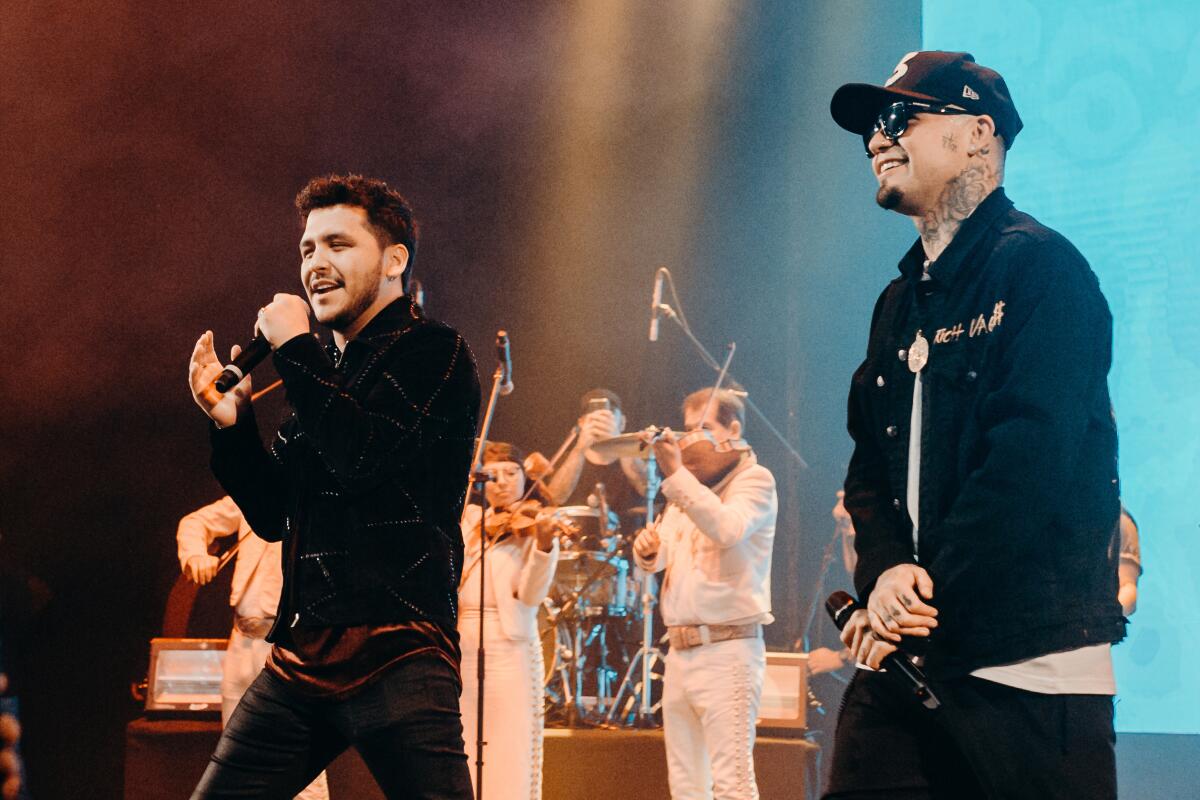
:max_bytes(150000):strip_icc():focal(359x259:361x261)/Emerging-Artists-Gallery-2022-People-6d1a8055b6004513b770e372e023998b.jpg)

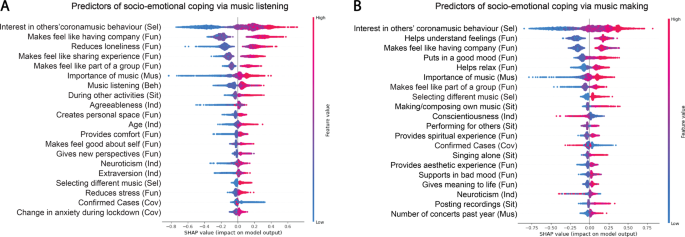
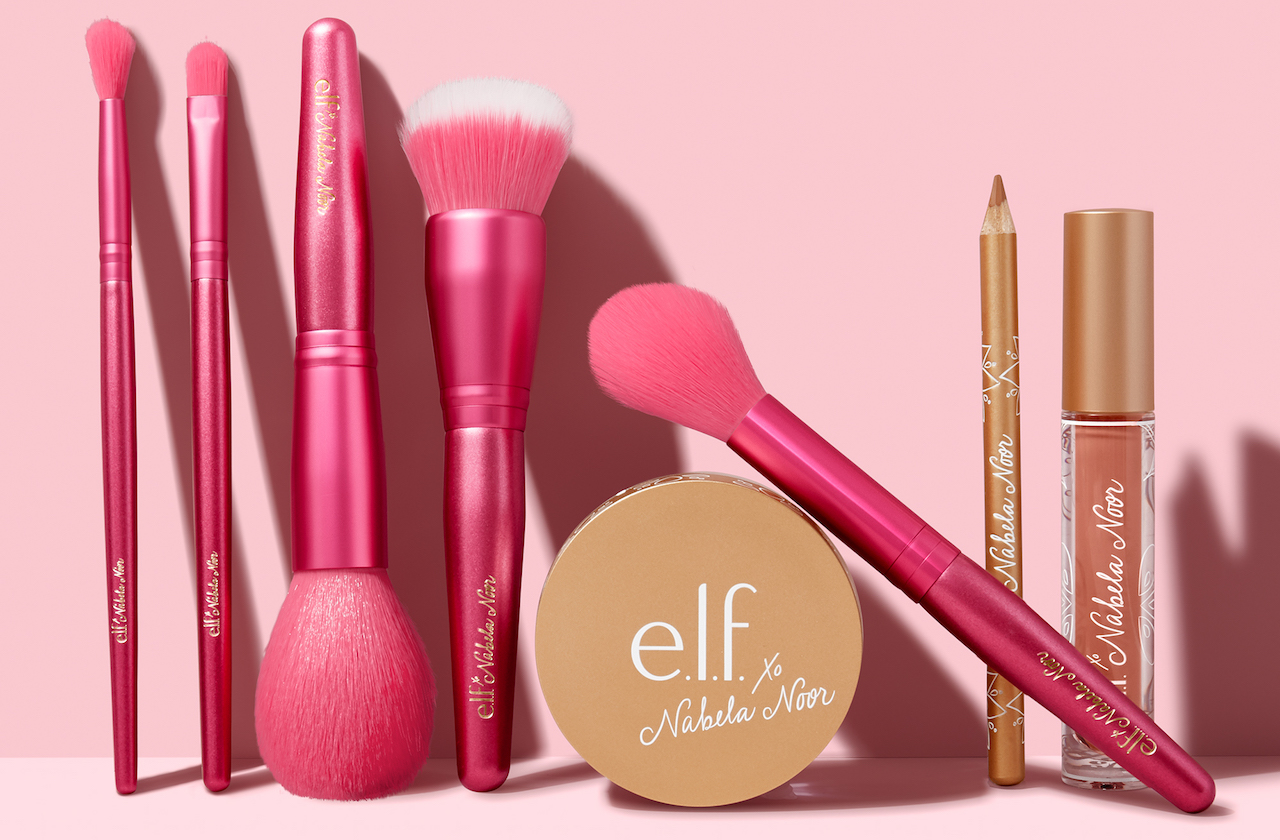



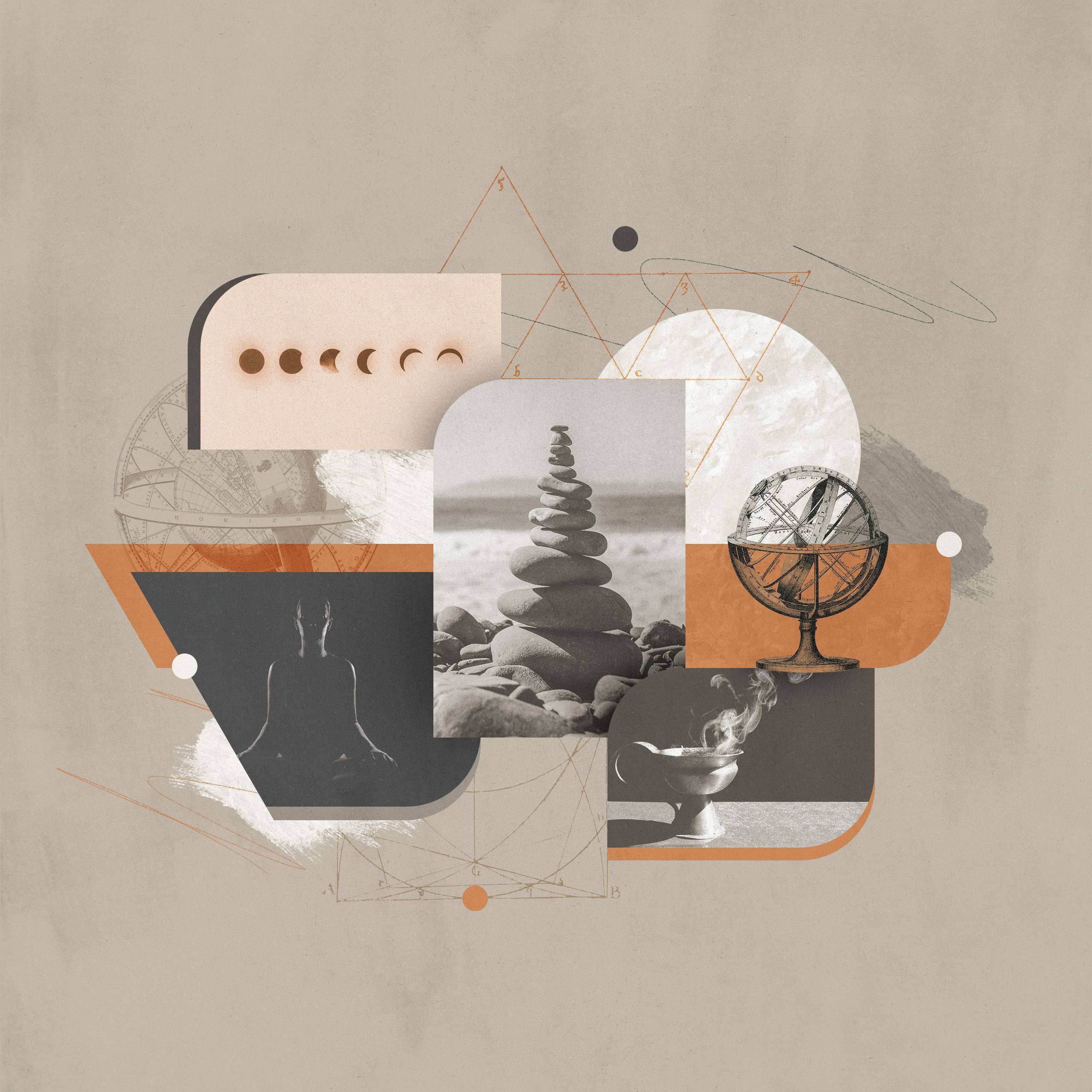
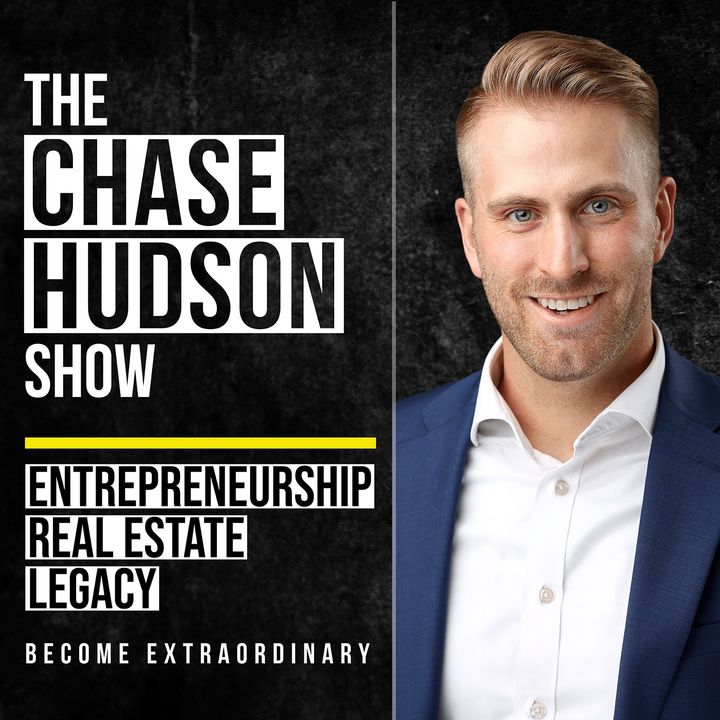



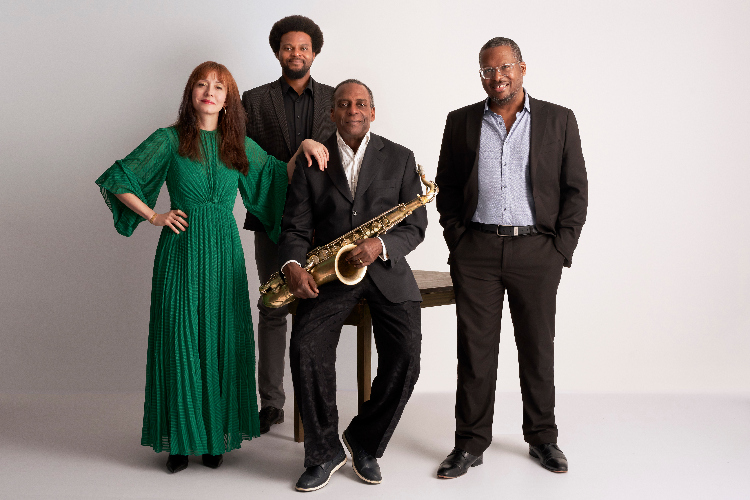

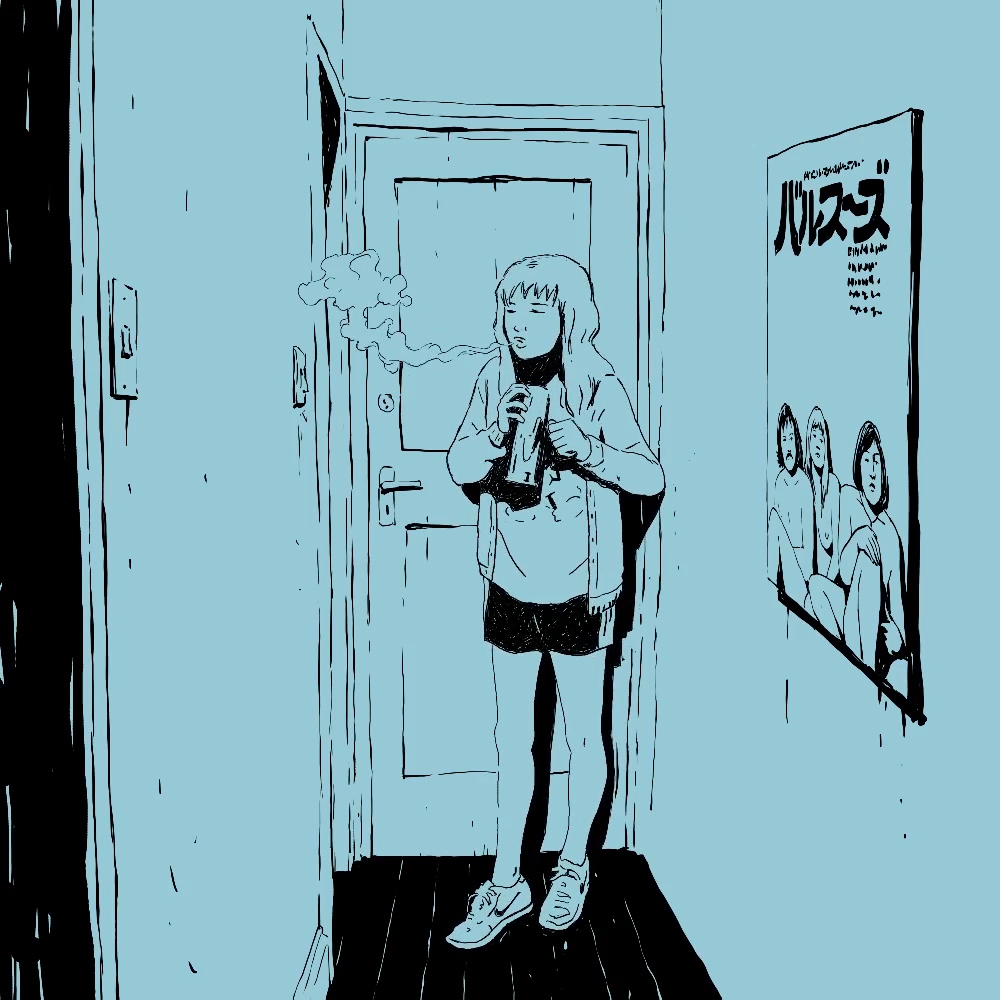

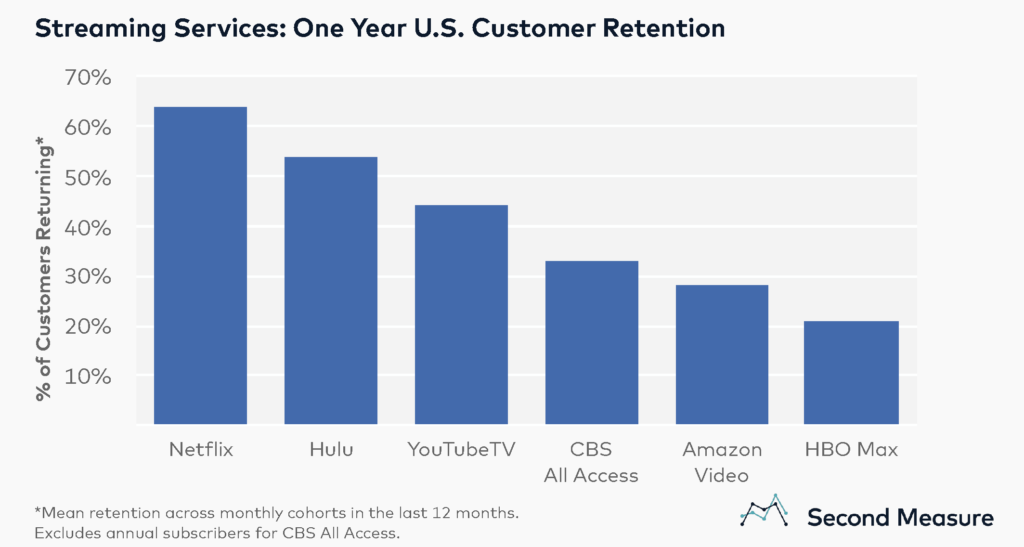

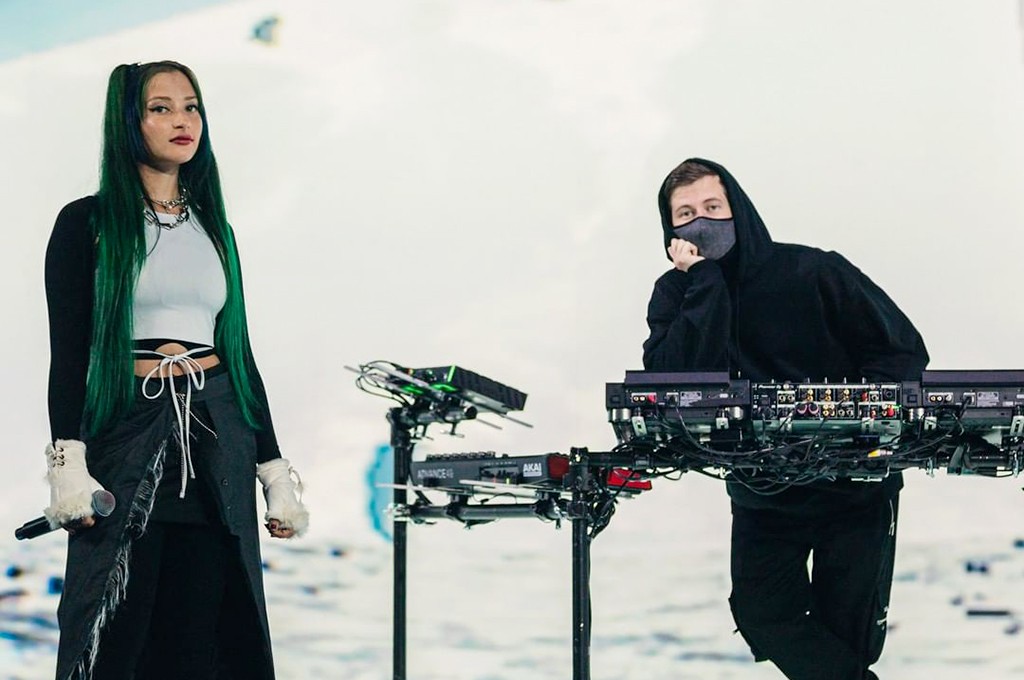
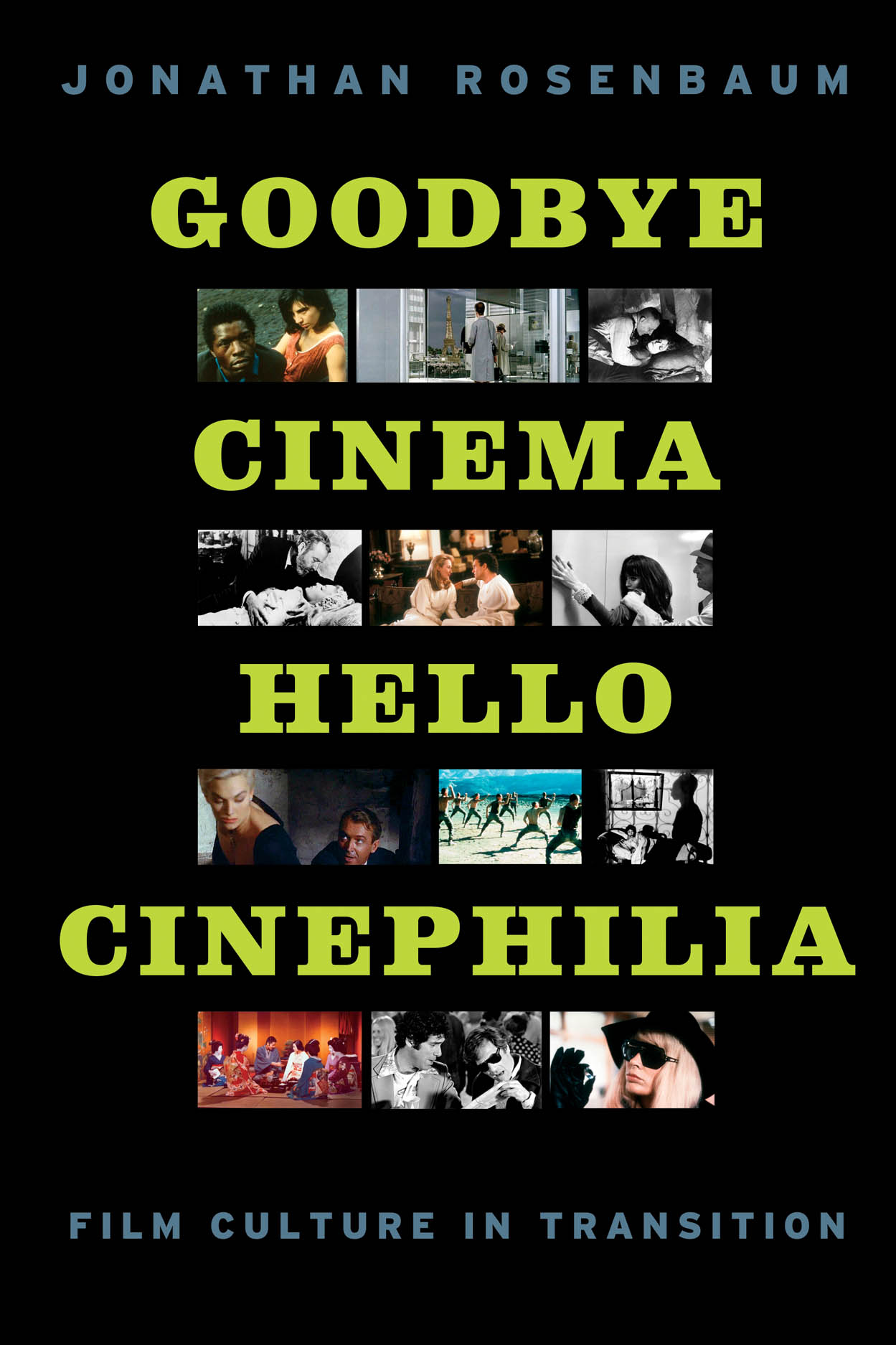

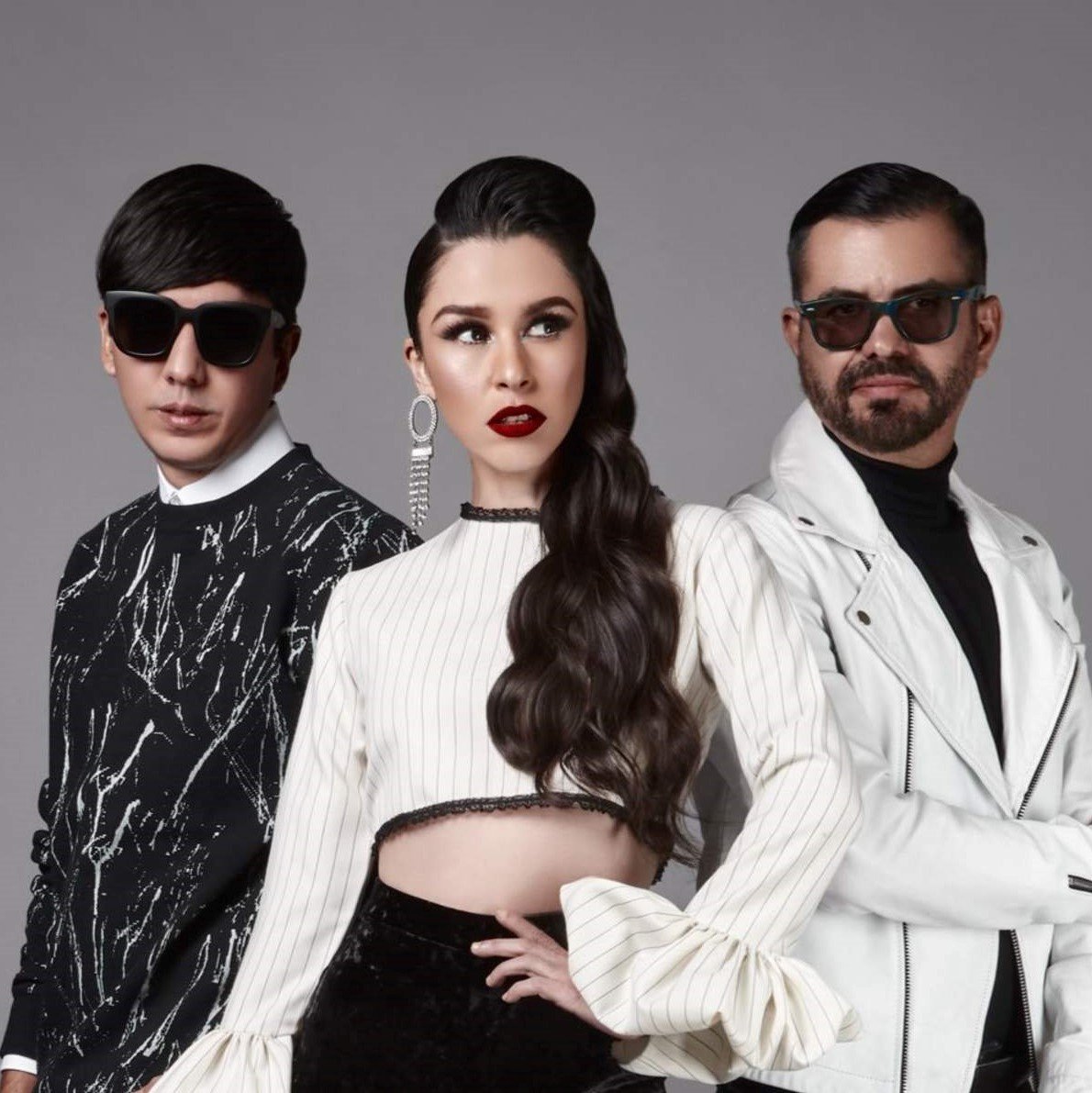


Comments